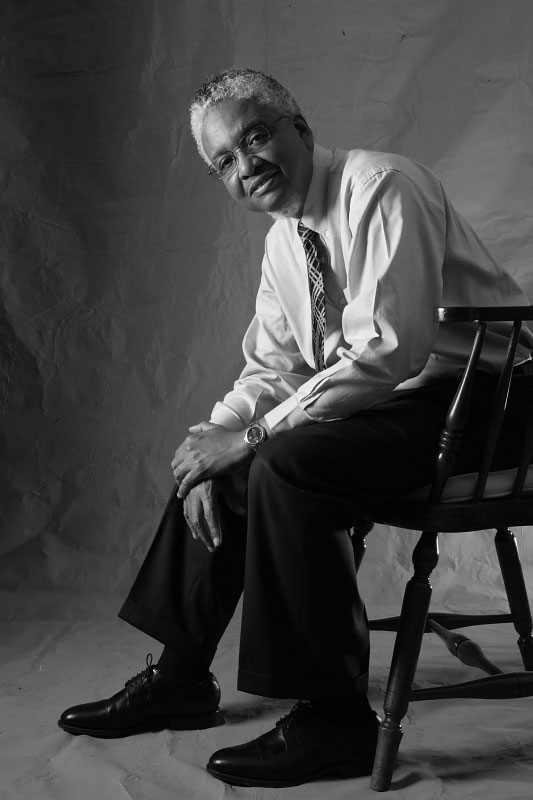Professor E. Nigel Harris
VICE CHANCELLOR
THE UNIVERSITY OF THE WEST INDIES
A FUTURE TO SUPPORT
We are living in an era in which education and knowledge are the ultimate currency, and are increasingly being demonstrated as sources of competitive advantage.
At The University of the West Indies, we have determined that it is not sufficient only to educate, but we must also play a central role in research that can drive creation of new products and services as well as devise ways of addressing our most challenging problems.
At 60, The University of the West Indies has reached a stage of growth and maturity in which we are providing undergraduate and graduate programmes, research and knowledge creation and outreach to the English-Speaking Caribbean. There is much to celebrate:
- A record of producing graduates who lead in all sectors of Caribbean life
- A rich bounty of research, innovation and creative thinking that has enriched the lives of our people.
- Through the recently launched Open Campus, we are broadening access and improving the quality of tertiary education beyond the three campus countries – Trinidad & Tobago, Barbados and Jamaica – to stakeholders in the other 12 countries served by The University of the West Indies .
- Through the creation of The UWI Consulting Company and other like ventures, we are mobilizing expertise in our academic community to address specific policy and strategic planning needs of governments, regional and national agencies, the private sector and other organizations.
- We have created University-wide centres that address areas of vulnerability in the Caribbean such as Disaster Preparedness, Sustainable Development for Small Island States and Crime and Social Justice.
- Within the context of our 2007/2012 Strategic Plan we are working to fashion initiatives that will enhance Caribbean competitiveness by expanding and enriching undergraduate and postgraduate programmes, and by building robust research productivity in areas such as biotechnology, computer sciences, information technology, energy and tourism,
Today, as in many other parts of the world, our region faces a range of daunting challenges not least among them, precipitously rising prices in food, oil and other commodities and the impending loss of preferential trading arrangements with traditional trading partners (Europe and the United States).
At The University of the West Indies, we have been positioning ourselves, through the courses we teach, and in the research and advisory services we provide, to become an integral part of the solutions our region needs.
In “60 under 60,” we celebrate some of the men and women who are helping The University of the West Indies to support the competitiveness of our society as well as the humanitarian dimension, to ensure that the care of the most vulnerable in our society and in the world is not ignored by the rich and powerful. The individuals highlighted in this publication are only a representation of the rich and diverse group of scholars and thinkers who make up our University – in truth there are many more not included. Those selected are all under 60 years old and together represent the assurance that our University will have the talent and promise to sustain us as the leading Caribbean university for many years to come.
From their first day at the University to the time they graduate, our students are constantly in contact with our administrative and academic staff – the people with the knowledge and talent to understand each successive generation of students.
Our staff and faculty are role models for students – full partners in ensuring that The University of the West Indies can meet its mission, vision and goals in an efficient and cost effective way.
As we celebrate the 60th anniversary of The University of the West Indies, we also celebrate our good fortune in recruiting and retaining the high quality staff essential to keeping up with the fast-paced changes occurring around us. They are the prime drivers in ensuring the highest standards of educational, research and outreach services. They are role models for students, rigorous researchers and the first port of call for public and private sector organizations seeking expert advice.
Historically our university has sustained itself primarily on Government funding. If we are to ensure the sustained growth and success of this exceptional enterprise, it is vital that our alumni, friends and the private sector contribute to the University. Information on how to donate and some of the growth areas to which you might contribute are included in this publication. We look forward to partnering with you.
